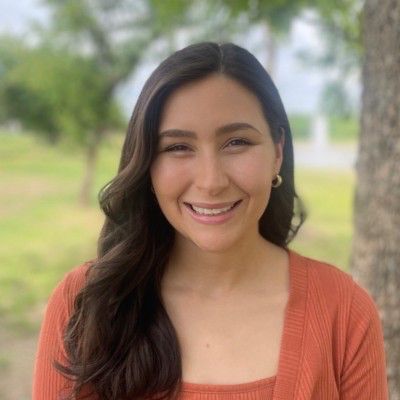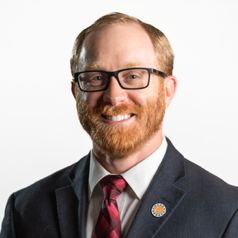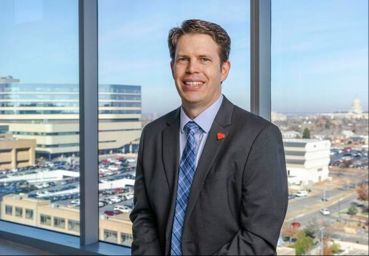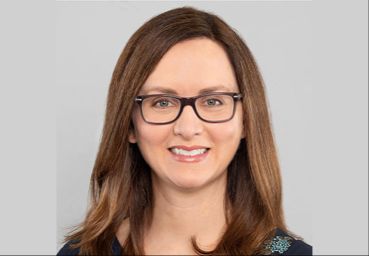
Master of Public Health in Epidemiology
Help Improve Public Health in Your Community and Around the World
Program Structure
The Master of Public Health in Epidemiology is a 46-credit hour program that prepares graduates to study the distribution and dynamics of disease and health in populations, investigate causal factors and determinants of disease in populations, and advance the body of knowledge that will make it possible to control and/or prevent disease and to optimize health.
Hudson College is the only accredited school of public health in the state of Oklahoma, lending itself to a higher quality of public health education that opens doors to a variety of research, employment, and funding opportunities not found elsewhere. Our MPH in Epidemiology graduates have found success in diverse settings, including local, state, and federal agencies such as health departments and academic health sciences centers.
Social and Behavioral Sciences in Public Health
This course prepares you to identify how social factors impact health outcomes and disease development in populations. Through class discussions and a real-world community health assessment project, you’ll deepen your understanding of social epidemiology concepts and develop your critical assessment skills.
Epidemiology & Prevention of Chronic Diseases
This course provides you with comprehensive knowledge of chronic diseases, along with the tools and epidemiologic methods used to study them. You’ll read and report on the latest literature and use descriptive statistics on survey data of chronic disease risk factors.
Introduction to Emerging Infections and Bioterrorism
This course enables you to examine bioterrorism–its agents, history, and potential impact–and discuss public health preparedness. You’ll get an overview of emerging diseases and the factors associated with their appearance, which serves as an introduction to a variety of topics in a critical field.
Why MPH in Epidemiology at Hudson College
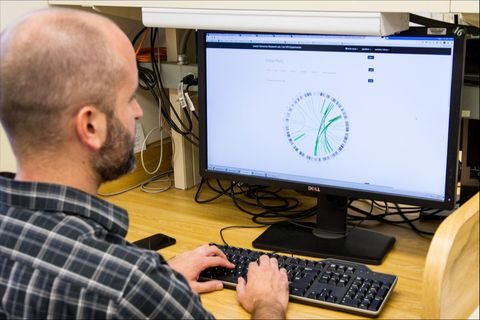


Where Your Career May Go
An aspiring public health expert is passionate about improving health in all its forms and eager to understand how injuries and diseases impact communities. As an epidemiologist, you’ll spread awareness about how to prevent barriers to health and serve as an advocate through roles in organizations of all sizes and scales.
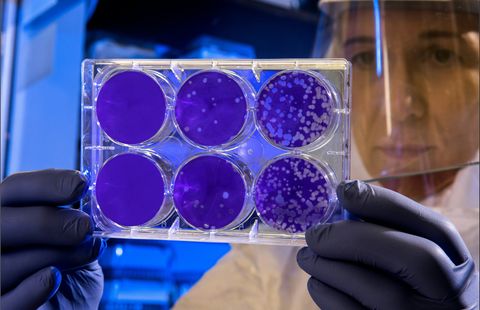
Make an Impact
Our Students Conduct Research in Areas that Make a Difference
Centers of Excellence

Center for American Indian Health Research
You'll have the opportunity to partner with CAIHR where partnerships among American Indian communities serve as the backbone for large longitudinal cohort research studies.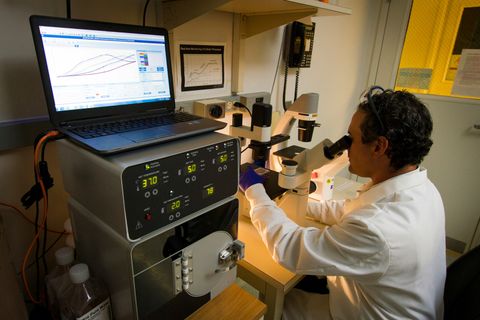
Research Design and Analysis Center
You’ll receive faculty mentorship as you apply the skills you’re learning in class, such as data analysis and evaluation to funded research projects.
Sooner Survey Center
As an MPH in Epi student, you’ll engage in data collection activities for standardized surveys – this is the kind of data that serves as the foundation of epidemiological and public health research and prevention projects.








